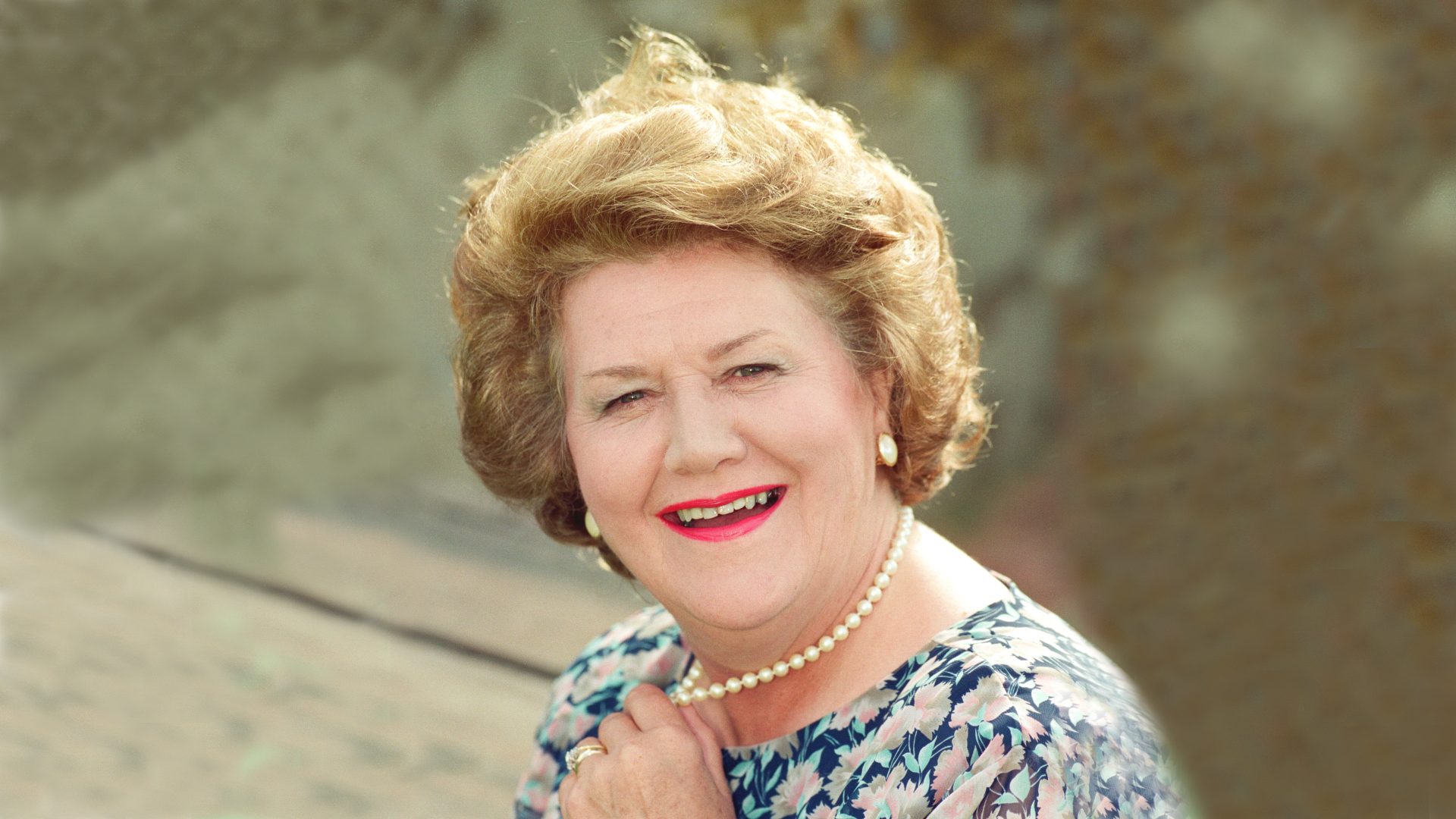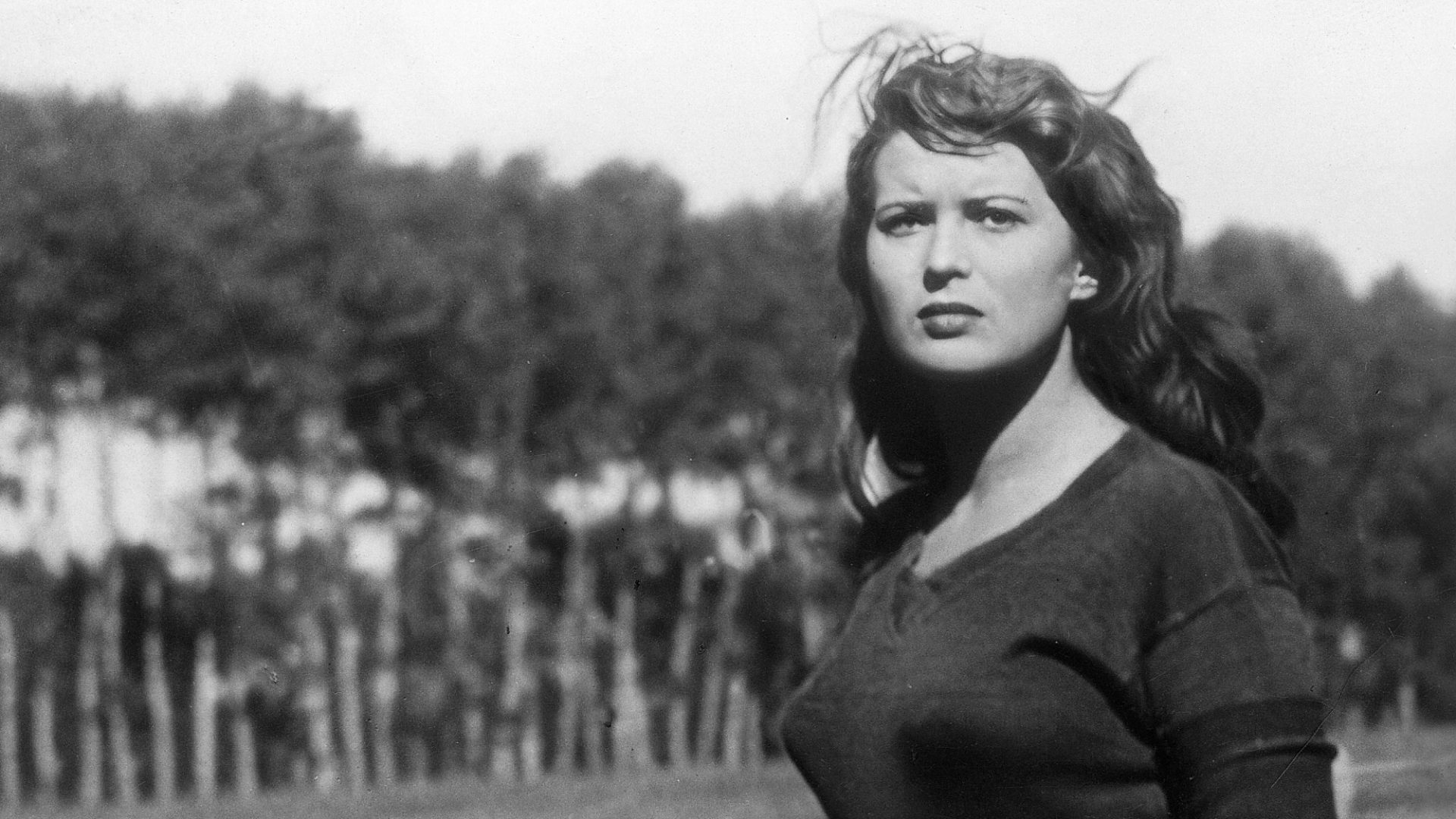After seven failed attempts, Nigel Farage finally became an MP in 2024. Some years ago, before Nigel’s election, David Cameron, speaking in the House of Commons when he was prime minister, poked fun at Farage about the way he pronounced his own family name.
Cameron praised the Labour MP Ben Bradshaw, who had been a state-school educated pupil at Thorpe Grammar School in Norwich, for pronouncing Mr Farage’s name as FArridge rather than FarrAZH, stating that “I’m glad he takes the English pronunciation of Farage rather than the rather poncey foreign-sounding one that he [Farage] seems to prefer”.
Helpfully, Farage, who was himself privately educated at the fee-paying Dulwich College, generally lets it be known that, as far as he is concerned, people are free to pronounce his name to rhyme with whatever pronunciation they use of the word garage.
That suggestion does pose some difficulties, however, because I reckon that there are at least four possibilities for how to pronounce that word: GArridge, GArrahzh, GArrahdge and g’rAzh, the last being the form most frequently favoured by Americans.
It is rather amusing for those of us who have not been fortunate enough to have had the benefit of an expensive private education to hear a posh Old Etonian like Cameron using the adjective “poncey” to refer to a pronunciation used by a speaker of English other than himself. But everybody who has ever laughed at the linguistic antics of the snobby would-be socially upwardly mobile character Hyacinth Bucket, as played by Patricia Routledge in the BBC TV comedy series Keeping Up Appearances (1990-1995), written by Roy Clarke, will have understood exactly what Cameron meant, and got the joke immediately.
Hyacinth liked to pronounce her surname in a pseudo-French way, with the stress on the final syllable of the word and with the letter T unsounded. The British audience will have understood that BouqAY was intended to sound more upper-class than BUCKet. (I write “pseudo-French” here because it is more accurate to say that, insofar as there is any such thing as word-stress in Modern French at all, it tends to occur on the final syllable of a group of words, including a single word pronounced in isolation)
The word garage itself is actually French in origin, and found its way into English only as recently as 1902 with the meaning of “a building, either private or public, intended for the storage and shelter of motor vehicles while not in use”. It comes from the French verb garer “to shelter, to park (of a car), to dock (of a ship)”. And of course, as many people will know from, for example, the Gare du Nord in Paris, as a noun gare can refer to a railway station or, as younger people in this country now tend to say, like Americans, a “train station”.
The origin of the Farage surname itself seems to be clear enough. It is not a Huguenot French name, or any kind of foreign surname as is sometimes supposed, and the non-poncey pronunciation used by Ben Bradshaw and supported by David Cameron is apparently the historically correct one. The surname was originally Ferridge or Verridge, the name of a place in Sussex.
PURCELL
Variant stress patterns can be used for many English-language family names. For example, while the great English Baroque composer Henry Purcell (1659-1695) is no longer around for us to consult about his preferred pronunciation of his own surname, BBC Radio 3 announcers seem to favour stressing the first syllable, PURcell, in – as Mr Cameron rightly said – the natural English way, whereas other people go for second-syllable stress, purCELL.




